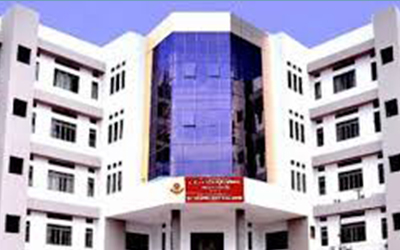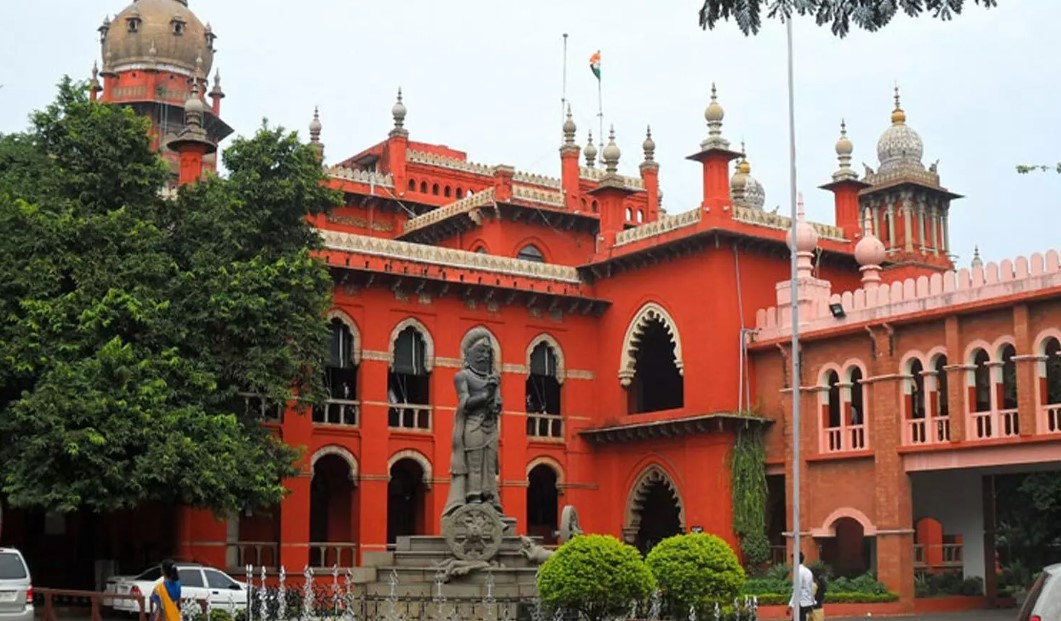Are MBBS Degrees from Nepal Valid in India?
For many aspiring doctors in India, the dream of pursuing an MBBS degree often leads to the consideration of studying abroad. Among the popular choices is Nepal, a country known for its welcoming environment and relatively affordable medical education. However, a pressing question remains: Are MBBS degrees from Nepal valid in India?
Validity of Nepal MBBS Degrees in India
The recognition of an MBBS degree obtained from Nepal largely depends on the accreditation of the medical institution by the National Medical Commission (NMC) in India. The NMC, which replaced the Medical Council of India (MCI), governs the recognition of foreign medical qualifications. To practice medicine in India, graduates must ensure that their college is recognized by the NMC. If the institution is not on the approved list, graduates may face challenges in obtaining the necessary licenses to practice in India.
Accreditation Matters: Choosing the Right College
When considering an MBBS program in Nepal, it is vital to choose an accredited medical college. The NMC maintains a list of recognized institutions, and students should refer to this resource to confirm the status of their chosen college. Accreditation ensures that the education provided meets certain standards, which is essential for recognition in India.
Curriculum Comparisons: Are They Aligned?
Another important aspect to consider is the curriculum. Many Indian students wonder if the MBBS curriculum in Nepal is similar to that in India. Generally, the core subjects—including anatomy, physiology, pharmacology, and clinical medicine—are aligned. However, there may be variations in teaching methodologies, clinical exposure, and examination formats. Prospective students should research the specific curriculum of their chosen college to ensure it meets their educational needs.
Student Experiences: Navigating Challenges
While many students have had positive experiences studying in Nepal, some have faced challenges that highlight the importance of being well-informed. An anonymous student shared their journey of enrolling in a private medical college, initially filled with hope about securing a license to practice in Nepal. However, changes in regulations left them without the promised licensure, complicating their plans to return to India and practice medicine. This experience serves as a cautionary tale, emphasizing the need for thorough research and understanding of licensing processes.
The Path Forward: Making Informed Decisions
As you navigate the journey of pursuing an MBBS degree in Nepal, consider the following steps to ensure a smooth transition into your medical career:
- Verify Accreditation: Always check the NMC’s official list to confirm that your chosen college is recognized.
- Understand the Curriculum: Research the curriculum and teaching methods of the institution to ensure they align with your goals.
- Stay Updated: Keep yourself informed about any changes in regulations regarding foreign medical graduates in both Nepal and India.
- Seek Reliable Guidance: Consult with educational advisors, current students, or alumni to gain insights into the programs you are considering.
while an MBBS degree from Nepal can be a valid option for Indian students, its recognition is dependent on the accreditation of the institution and adherence to licensing requirements. By conducting thorough research and making informed choices, aspiring medical students can embark on their journey with confidence. The road to becoming a doctor is filled with challenges, but with the right information and preparation, students can navigate this landscape and work toward fulfilling their dreams in medicine.


























